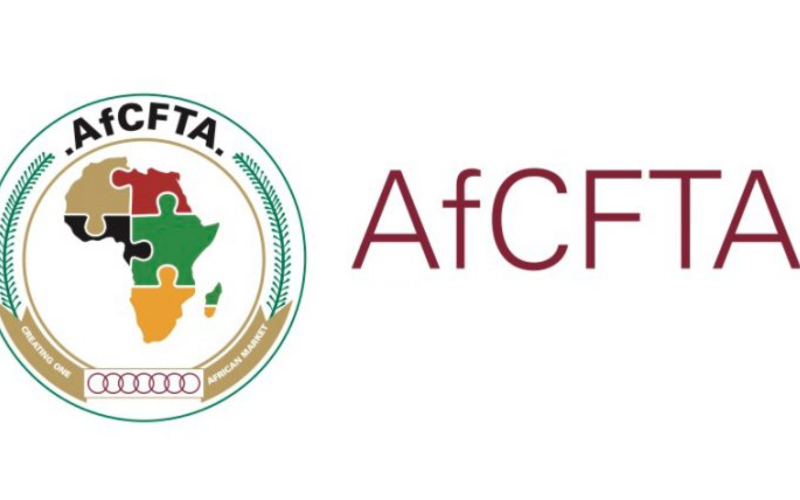The African Continental Free Trade Area is expected to boost African nations’ trade by 60 per cent by 2034, it has been learnt.
The much publicised AfCFTA aims at eliminating almost all tariffs, among other things.
Currently, African nations currently trade only about 15 per cent of their goods and services with each other.
An International law and finance expert, Dr Jennifer Douglas, made the disclosure on the sidelines of the African Union meeting, held on February 21, 2023.
According to Douglas, the successful implementation of the AfCFTA has been identified as critical in boosting regional cooperation in the creative economy and the cultural industry in Africa.
Douglas, who spoke on the theme: “The Creative Economy: Strategies for Advancing the Industry in Africa,” said AfCFTA encourages regional cross-pollination and gives opportunity to promote regional collaboration in the creative industry through co-production and joint projects.
A statement by Dr Douglas noted that AFCTA encourages each country to build its own domestic market, and then adopt the AfCFTA to create one huge “domestic market” for creatives across the continent.
Douglas, who is also the Founder of Gede Foundation, said, “A survey by Africa Filter Organisation on creative industry, in 2022, found some 48 per cent of African youths ages 18 – 35 years believe a traditional career in sports, for example, is more lucrative than a career in the creative industry. The report also found that 78% of youths in that age range spent little or no money on arts and on cultural past-time.
“But, the good news is that 82 per cent (up to 97 per cent in Nigeria and Kenya) of those interviewed admired the creative industry. The stats is important as youths are the propellers of the creative sector. How can we channel the 82 per cent admiration to concrete action? First, address the core challenges.”.
The don, who is also a fellow of the Royal Society of Arts, England, stated that with accelerators, “we can copy from the equity market to build creative accelerators/incubators. When something works well in one sector, why not clone it for another sector? Then we can tweak it for the real-life needs of creatives. Build exchanges for an art auction and platforms for policy advocacy. Build incentives for innovation that emerge from the incubators.”
The United Nations Secretary-General, Antonio Guterres, had earlier during the opening session of the African Union meeting, said, Africa needs action.
“Africa is rich in potential but it is not rich in global support. Investing in Africa’s prosperity requires finance and developing countries are repeatedly left in the dark, the global financial system routinely denies them debt relief and concessional financing while charging extortionist interest rates,” Guterres said.
The International Labour Organisation observes that given the nature of the informal economy in Africa, the potential for development opportunities is significant, particularly for youth employment.
“Africa is home to 23 per cent global youth population and will increase to 42% by 2030 according to the ILO. Advancing the industry has now become imperative.”
SOURCE: THE PUNCH











